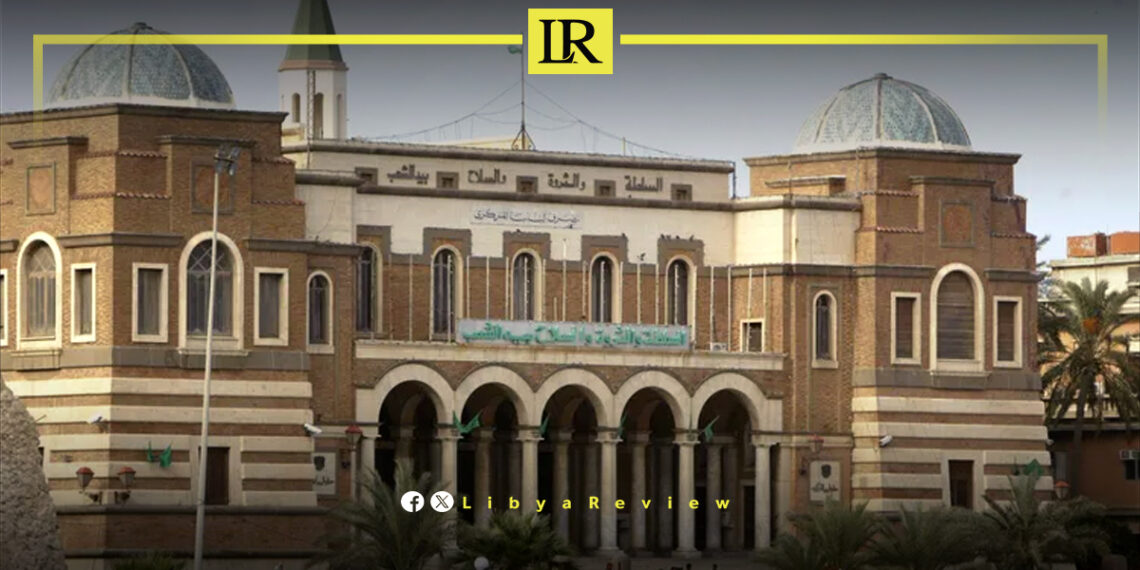Libya’s rival political factions have reached a crucial agreement on appointing new leadership for the country’s Central Bank, the United Nations announced Wednesday. The deal marks a significant step toward resolving the political and economic deadlock that has crippled Libya and slashed its vital oil production.
The United Nations Support Mission in Libya (UNSMIL) stated that representatives from the country’s eastern and western administrations “initialed an agreement on the procedures, criteria, and timelines for appointing a governor, deputy governor, and board of directors” for the Central Bank of Libya.
This breakthrough is seen as the first step toward addressing the financial crisis that has hampered the country’s oil production and exacerbated political tensions.
According to Libyan media reports and El-Hadi Elsaghir, a member of parliament attending the UN-led talks, both sides agreed to nominate Naji Issa as the new central bank governor. While the UN did not confirm any names, it announced that a formal signing ceremony would take place on Thursday in the presence of international representatives.
The Central Bank crisis began in mid-August when the Government of National Unity (GNU), based in Tripoli, attempted to replace long-serving governor Al Siddik Al-Kabir, but the latter rejected the move, resulting in a shutdown of oil output and exports.
Libya’s political turmoil has had a devastating impact on the country’s oil industry, which serves as the backbone of its economy. The dispute over the Central Bank’s leadership led to a dramatic reduction in Libya’s daily oil production, which plummeted from over 1 million barrels per day to just 450,000 barrels. Despite the ongoing blockade, Libya has continued exporting oil, with export volumes even seeing a modest rise in recent days.
As the country with Africa’s largest proven oil reserves, Libya’s economy is almost entirely dependent on oil revenues. However, the Central Bank, which plays a crucial role in managing those revenues, has been caught in the crossfire of the country’s ongoing power struggle between rival political factions. Al-Kabir, who had been at the helm of the bank for over a decade, became a symbol of this conflict, with accusations of mismanagement and favoritism over the control of Libya’s oil wealth.
The new agreement to appoint a unified Central Bank leadership could prove pivotal in restoring stability to Libya’s economy and financial institutions. A united financial framework is seen as essential to reinvigorating oil production, reducing inflation, and stabilizing the Libyan dinar, which has been in freefall.


